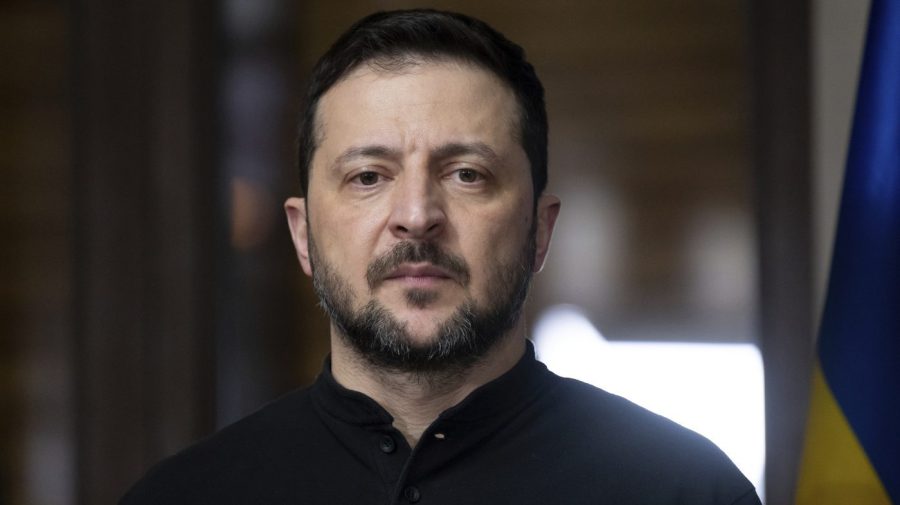Ukrainian President Volodymyr Zelensky has called for the creation of a unified European army, stating that “the time has come” for such a force. Zelensky made these remarks during his speech at the Munich Security Conference on February 15, 2025.
Key points from Zelensky’s proposal:
Zelensky argued that Europe needs its own military force to counter potential threats from Russia and ensure the continent’s security.
He suggested that Ukraine’s three-year war against Russian invasion has laid the foundation for a united European military force.
The proposed European army would aim to make the continent’s future dependent solely on Europeans, with decisions about Europe made within Europe.
Zelensky emphasized the need for Europe to become more self-reliant in the face of changing U.S. foreign policy priorities.
Background and context:
The call for a European army comes amid growing concerns over the United States’ shifting foreign policy priorities under the Trump administration.
Recent developments, including a phone conversation between U.S. President Donald Trump and Russian President Vladimir Putin about a potential peace plan for Ukraine, have raised concerns in Europe about being left out of crucial negotiations.
The European Union has been discussing the concept of enhanced defense cooperation for years, with initiatives like the European Defence Fund and PESCO (Permanent Structured Cooperation) already in place.
Potential impact and significance:
Enhanced European defense capabilities: A unified European army could potentially strengthen the continent’s ability to respond to security threats independently.
Shift in transatlantic relations: The proposal reflects growing uncertainty about the reliability of U.S. support for European security.
Economic implications: Zelensky argued that building up Europe’s military strength could benefit the continent’s economy through job creation and technological advancements.
Challenges to implementation: The creation of a European army faces significant hurdles, including issues of national sovereignty and existing commitments to NATO.
Different perspectives:
Supporters argue that a European army could enhance the continent’s strategic autonomy and ability to respond to crises.
Critics, including some Eastern European EU member states, express skepticism, with one senior official stating, “There is a European military force called NATO.”
NATO Secretary-General Mark Rutte emphasized the need for Europeans to engage in the debate on Ukraine talks and increase defense spending.
As this proposal gains attention, it is likely to spark further debate on the future of European security and defense cooperation. The discussion will likely involve considerations of the relationship between any potential European army and existing structures like NATO, as well as the practical and political challenges of implementing such a force.









